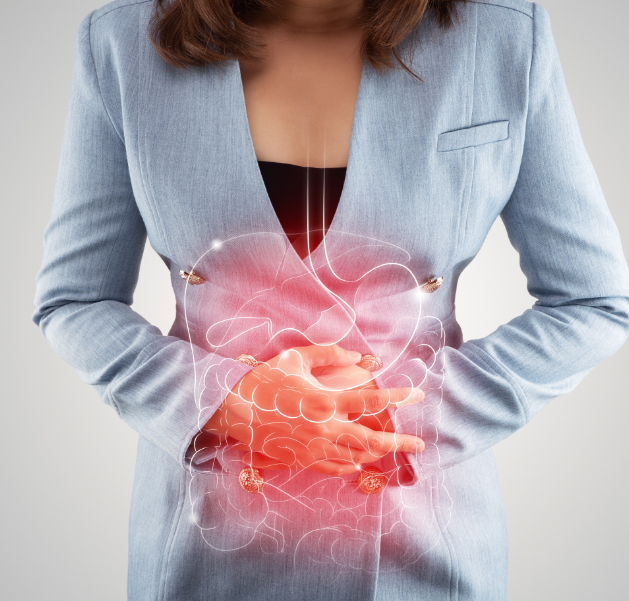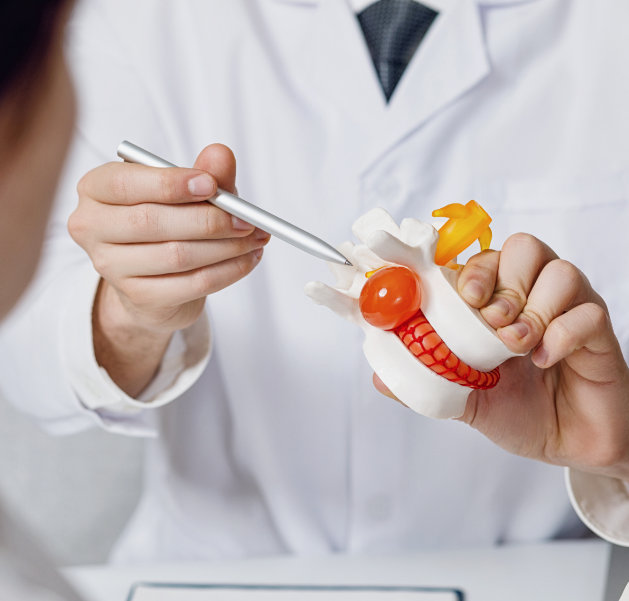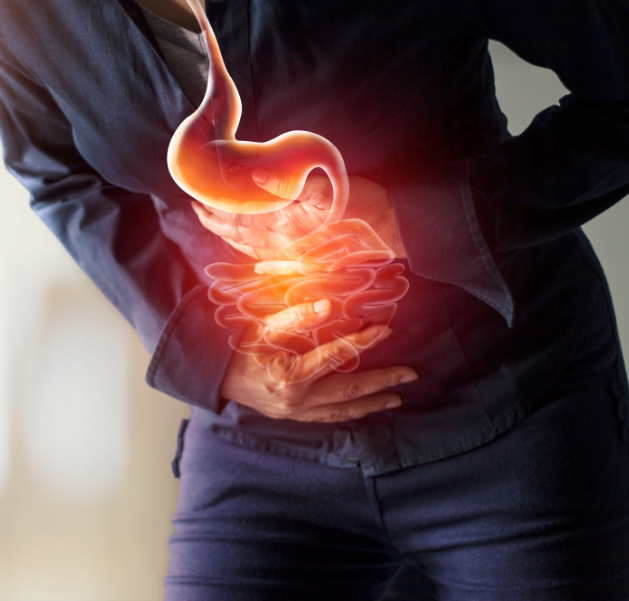Specialties
Gallbladder

The GB is a repository for bile, a substance that helps your body absorb foods that don’t dissolve in water such as those involving animal fats and vegetable oils. It is located under your ribcage on the right side. When diseased, it can cause pain in the upper and right upper abdomen, sometimes radiating to the right upper back, causing nausea, vomiting, bloating, and diarrhea. Symptoms often occur after eating a meal that contains dairy, eggs, animal fats, vegetable oils, caffeine, chocolate or hot spices.
Available for Robotics Surgery
Who needs to discuss surgical and non-surgical options?
- Upper abdominal pain
- Upper abdominal pain after eating
- Nausea or bloating after eating
- Family history of gallbladder disease
- Diagnosis of gallstones
Who definitely needs to discuss surgical and non-surgical options?
- Frequent symptoms
- Symptoms that are becoming more frequent and severe
- Inability to enjoy desired foods
- Symptoms that required emergency room visit
- Recommendation of another physician (PCP, ER, GI)


Hernia

Available for Robotics Surgery
Who needs to discuss surgical and non-surgical options?
- Bulge in the region of spontaneous hernias
- Bulge associated with an incision from a previous surgery
- Discomfort in the region of spontaneous herniation
- Discomfort associated with an incision from a previous surgery
Who definitely needs to discuss surgical and non-surgical options?
- Painful bulge in the region of spontaneous hernias
- Painful bulge associated with an incision scar
- Painful bulge associated with strenuous activity
- Painful bulge that required a visit to the ER
- Enlarging bulge
- Recommendation of another physician (PCP, ER,GI)
Colon

The colon is the final segment of the gastro-intestinal tract that manages waste after nutritional absorption prior to elimination from the body. Diverticulitis and masses or cancers of the colon are managed by several doctors, including surgeons. Diverticulitis is inflammation of the colon; it usually involves the sigmoid colon which is located in the left lower abdomen. Colon masses can be anywhere and are usually detected during a colonoscopy.
Available for Robotics Surgery
Who needs to discuss surgical and non-surgical options?
- Left lower abdominal pain
- Changes in bowel habits or character of stool
- New onset constipation
- Blood associated with bowel movements
- Family history of colon disorders
Who definitely needs to discuss surgical and non-surgical options?
- Diverticulitis that has required antibiotics
- Diverticulitis that has required emergency room visit or hospitalization
- Diverticulitis associated with perforation, abscess or bleeding
- Diverticulitis that happens frequently
- Diverticulitis that is increasing in frequency or severity
- Precancerous colon polyp that was unable to be removed with colonoscopy
- Colon Cancer


Skin and superficial masses

Who needs to discuss surgical and non-surgical options?
- New unexplained skin lesions
- New unexplained masses on or underneath the skin
- Lesions or masses that cause discomfort
Who definitely needs to discuss surgical and non-surgical options?
- Growing skin lesions
- Growing masses on or underneath the skin
- Dark skin lesions
- Lesions with irregular borders
- Lesions with diameter greater than 0.5 cm
- Raised skin lesions
- Lesions that bleed
- Undesired lesions or masses
Thyroid / Parathyroid glands

Who needs to discuss surgical and non-surgical options?
- Enlarged glands
- Difficulty swallowing or inhaling breath
- Unexplained hyperactivity, Anxiety, Insomnia
- Unexplained kidney stones, aching neck and shoulder muscles, confusion
- Family history of thyroid or parathyroid gland disease
Who definitely needs to discuss surgical and non-surgical options?
- New or enlarging mass in front of neck
- Thyroid mass detected by ultrasound
- Thyroid mass with abnormal biopsy
- Overactive thyroid resistant to medical therapy
- Elevated calcium associated with elevated parathyroid hormone
- Dialysis patients with elevated calcium
- Recommendation of another doctor (PCP, endocrinologist)

